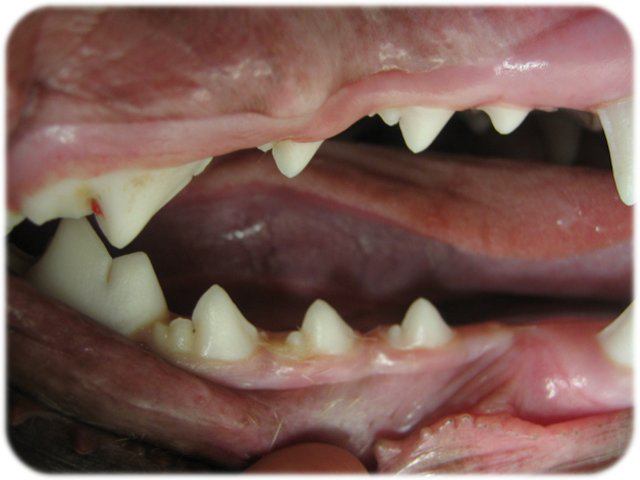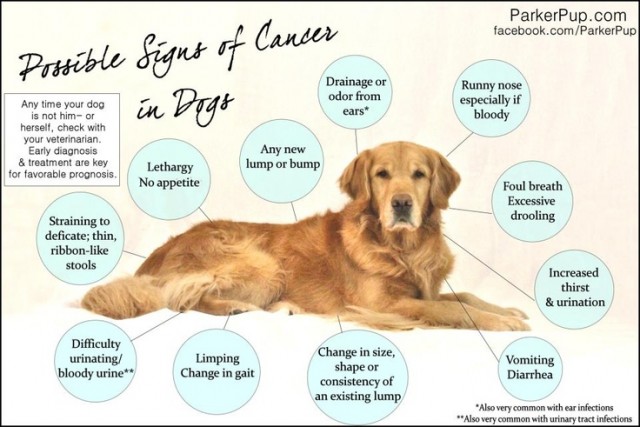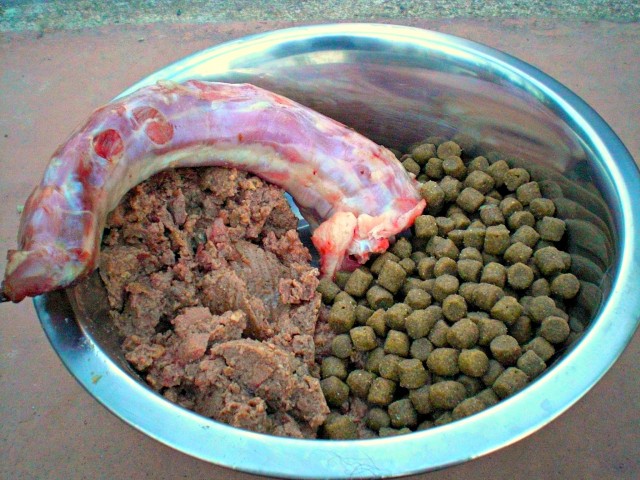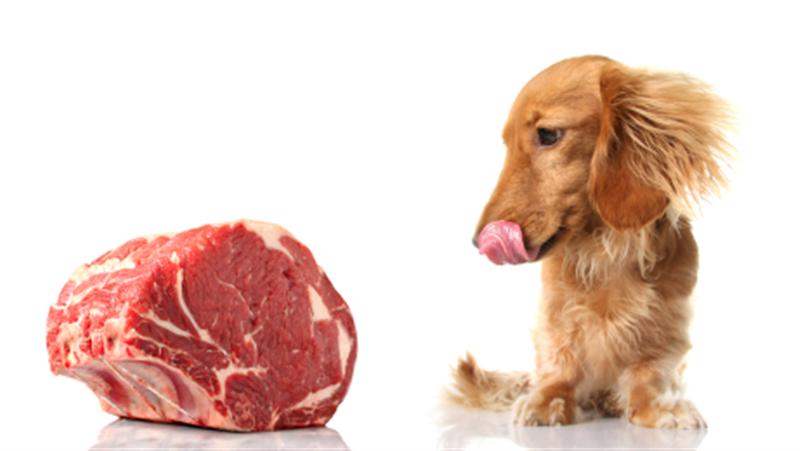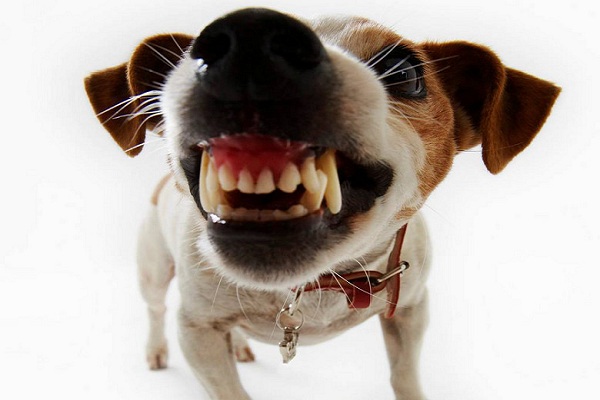Are your dog’s teeth shiny white? Most dogs’ teeth aren’t. According to Dr Brooke Niemiec of the American Veterinary Dental College, dental disease is the number one medical problem among pets today! In fact, over 70 percent of dogs and cats will suffer periodontal disease by the age of two. Dental Disease Affects More Than Your Dog’s Mouth Studies have linked periodontal disease in both humans and pets to systemic diseases of the kidneys and liver, heart disease, lung disease, diabetes complications, problems during pregnancy, and even cancer. According…
Read MoreCategory: Safety
Would you ever expect this would be the cause of cancer in your dog?
Fifty percent of dogs over the age of 10 develop cancer at some point. We see malignant lymphoma, which is a tumor of the lymph nodes. We see mast cell tumors, which is a form of skin cancer. There are mammary gland tumors, or breast cancer, and soft tissue sarcomas. An excerpt from Raw Meaty Bones By Tom Lonsdale, Veterinary Surgeon In 1981 Richard Doll and Richard Peto published The Causes of Cancer, a report commissioned by the US Congress. The authors estimated that about one-third of human cancers…
Read MoreIs garlic safe to feed your pet?
By: Robert Mueller Every day we read about different products or ingredients that have had their market presence challenged. Such cases have evolved around many common products such as sugar, butter, fats, dairy and so on. One day it’s good for you and then suddenly a new report comes out and recent scientific finding are released that turns a recommended product into one that the public is frightened to consume -or feed to their pets. So is the on-going saga about garlic…is this is a safe ingredient to feed our pets? I’ve…
Read MorePLEASE, READ THE LABEL (the numbers do not lie)
In today’s ever-changing world, it is extremely important to be aware of what is included in your dog’s diet. That means reading and understanding the ingredient panel on the bag of pet food that you are feeding…just as you would hopefully read and understand a nutritional label on the back of any package of food that you buy for yourself and your family. It’s shocking to know that for more than 100 years, the general public has been sold pet food made from rejected human waste products. The tide…
Read MoreHow to add Omega 3 fish oils to your dog’s diet the right way
We all know fish oil is a good thing for our dogs right? After all, fish oils have a super anti-inflammatory effect on the body, reducing your dogs joint pain, allergy symptoms and can even fight against cancer! But before you add that fish oil to your dog’s next meal, there’s something you need to be aware of … The EPA and DHA in fish oil are highly unsaturated. That means they have a love of double carbon bonds. Why is that important? Because those double carbon bonds make…
Read MoreBacteria In Your Dog’s Food Is Not Dangerous And Here Is Why
Bacteria is present on everything on the planet Think about your dog-this is an animal that can lick itself, lick other dogs, eat a variety of disgusting rotting things, and ingest its own feces or those of other animals with no ill effects. The dog, plain and simple, can handle greater bacterial loads than we can. Yes, the bacteria in raw meat might hurt your dog IF the dog already has an immunocompromised system or some underlying problem. Raw diets have also been blamed for causing things like pancreatitis…
Read MoreWhy Home Prepared Meals Can Be Difficult And Dangerous
By: Dr. Bill Ormston Many people never discuss their dog or cat’s diet with their veterinarians. Homemade, cooked diets are the diets that veterinarians worry may be nutritionally deficient hence the ones they complain about. When dogs show up in a veterinary clinic with a nutritional deficiency or imbalance it is generally because of a home-cooked diet that is severely lacking in one or several nutrients, or one that has been over-supplemented. When first starting on a home cooked diet, dogs initially do better. Cooked homemade diets are definitely better…
Read MoreDoes Vitamin D play a role in our pets health?
Source – Dr. Mauria O’Brien Got vitamin D? Most people know that this compound, a supplement frequently added to milk, plays a role in developing and maintaining healthy bones. But recent findings in humans suggest that vitamin D has a much broader effect on health and immune function. Dr. Mauria O’Brien, a specialist in emergency and critical care at the University of Illinois Veterinary Teaching Hospital in Urbana, is determined to find out what this means for animals. “Many studies in humans have found that low vitamin D status…
Read More
